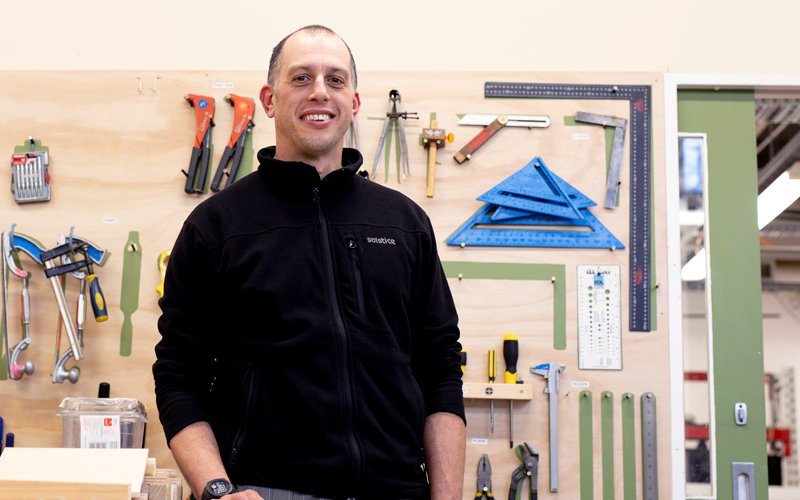19 Dec 2024
Engineers across Aotearoa are doing it tough, with a pipeline of projects that has all but dried up. Read about engineers’ experiences and what the work shortage has meant for them.
Adam Liberatore is a senior lecturer in engineering at Dunedin’s Otago Polytechnic. Polytechnics have an important role supporting the profession with diploma-level engineers. He hopes the demand for work will pick up again in 2025, but that’s not the only workforce challenge ahead.

Adam is in contact with graduate students who would like to stay in Dunedin but can’t find work. He says students are anxious, trying everything but to no avail – or, where they are accepting jobs, it’s “not the job they were hoping for.”
Adam thinks a better understanding of graduate pathways could help resource longer-term skill shortages. Although there have been examples of good local initiatives, like Southland and Otago Regional Engineering Collective, Adam thinks the engineering industry needs to flex so that employers do not turn away good people if they don’t tick all the boxes recruiters have in mind. “There’s a misalignment, a disconnect, because they say they want engineers but then they don’t want young engineers – years’ of entry is not nearly as low as it should be,” he says.
A lot of our students are working part time but if we could get them into real part-time technician work, as opposed to a local grocery store, that would be a big win.
Adam also thinks engineering is still very much focused on civil disciplines and that the profession should move faster to respond and prepare engineers for the future, citing major developments like Artificial Intelligence. “The evolution of technology is changing the needs…” he says.
He says Fisher and Paykel’s Appliances summer interns has been positive for helping graduates into the workforce and contribute to solving real-world problems. Now, Otago Polytechnic is working with United Machinists on a new cadetship, where students take four years to do a three-year degree but work part time. This should allow mutual benefits whereby United Machinists gets visibility of promising students, and students get practical experience and an opportunity to make connections.
“Landing your first job is always your hardest,” says Adam. “A lot of our students are working part time but if we could get them into real part-time technician work, as opposed to a local grocery store, that would be a big win,” he says.
Find out more about the impact of the engineering work shortage.




